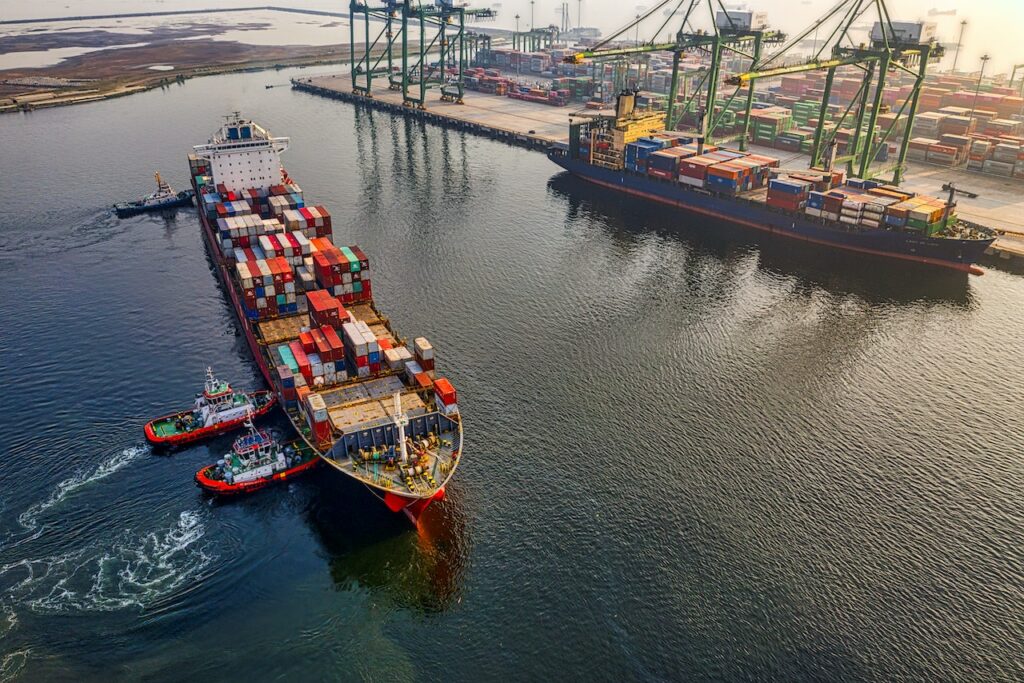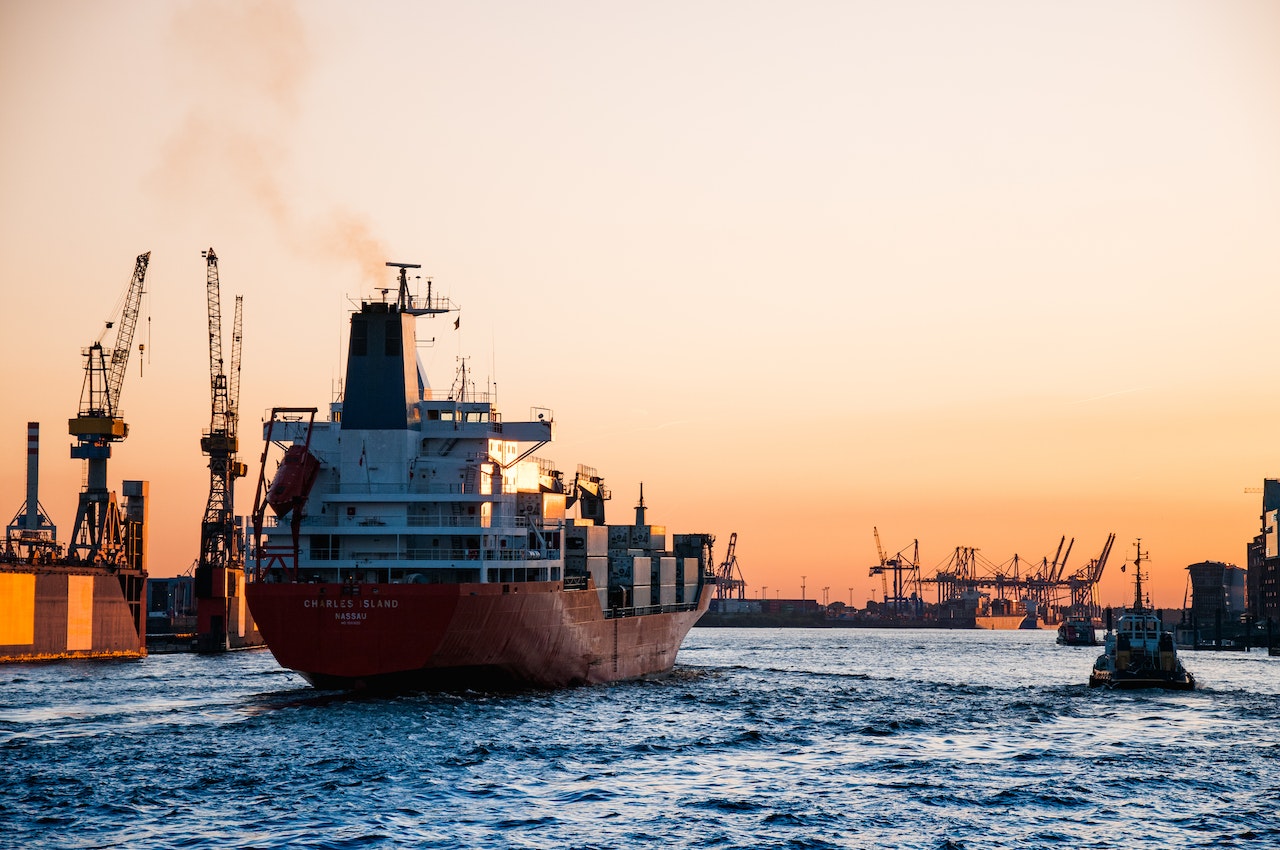
In the intricate web of international trade, sea freight services stand as steadfast sentinels, steering the course of global commerce with their unparalleled capacity and cost-effectiveness. As the backbone of vast supply chains, these services play an indispensable role in transporting goods across oceans, connecting markets and fueling economies. In this article, we delve into the world of sea freight services, uncovering their significance, advantages, and the factors that make them a cornerstone of modern trade.
The Significance of Sea Freight Services:
Sea freight services form the backbone of global trade, carrying a significant portion of the world’s cargo across oceans, seas, and continents. From raw materials to finished products, sea freight ensures that goods move seamlessly between nations, contributing to economic growth, job creation, and the sustenance of vital industries.
Advantages of Sea Freight Services:
- Cost-Effective Transportation: Sea freight services offer a distinct advantage in terms of cost-effectiveness, especially for bulk shipments or items that aren’t time-sensitive. The ability to transport large quantities of goods in a single voyage significantly reduces the cost per unit, making it an attractive option for businesses aiming to optimize their logistics budgets.
- Capacity for Large Volumes: Cargo ships are built to accommodate vast amounts of cargo, allowing businesses to move substantial quantities of goods in a single shipment. This capacity is particularly advantageous for industries dealing with heavy machinery, raw materials, and consumer goods.
- Eco-Friendly Choice: Sea freight is often regarded as a more environmentally friendly mode of transportation compared to air freight due to its lower carbon emissions per ton-mile. As sustainability becomes a key focus, businesses are increasingly turning to sea freight to reduce their ecological footprint.
- Stability and Reliability: Ocean routes are well-established and adhere to strict schedules, ensuring a high level of predictability and reliability. Unlike air travel, sea freight services are less affected by weather disruptions and are more likely to adhere to planned timelines.
- Versatility in Cargo Types: Sea freight accommodates a wide range of cargo types, from dry bulk commodities to perishable goods in refrigerated containers. This versatility allows businesses to transport diverse products using a single mode of transportation.
- Global Reach: With ports spanning the globe, sea freight services offer an extensive network of destinations, connecting even the most remote corners of the world. This global reach opens up a plethora of opportunities for businesses to explore new markets.
Driving Factors of Success:
Several key factors contribute to the enduring success and relevance of sea freight services:
- Containerization: The standardization of shipping containers revolutionized sea freight, making cargo handling more efficient, secure, and adaptable. Containers can be seamlessly transferred between ships, trucks, and trains, simplifying the entire logistics process.
- Economic Interdependence: In an interconnected global economy, components of products often come from different parts of the world. Sea freight facilitates this complex web of supply chains by efficiently moving goods from multiple origins to final assembly points.
- Emerging Markets and Trade Agreements: The growth of emerging markets and the establishment of trade agreements have expanded trade routes and bolstered the demand for sea freight services.
- Infrastructure Investment: Governments and private entities continue to invest in port infrastructure, modernizing facilities, and improving connectivity. These developments enhance the efficiency and capacity of sea freight operations.
In conclusion, sea freight services are the lifeblood of international trade, fostering economic growth, sustainability, and intercontinental connectivity. With their cost-effectiveness, reliability, and capacity for large volumes, they remain an integral part of the global supply chain landscape. As the world becomes increasingly interconnected, sea freight services stand firm, navigating the tides of change and steering global trade toward new horizons of prosperity.



